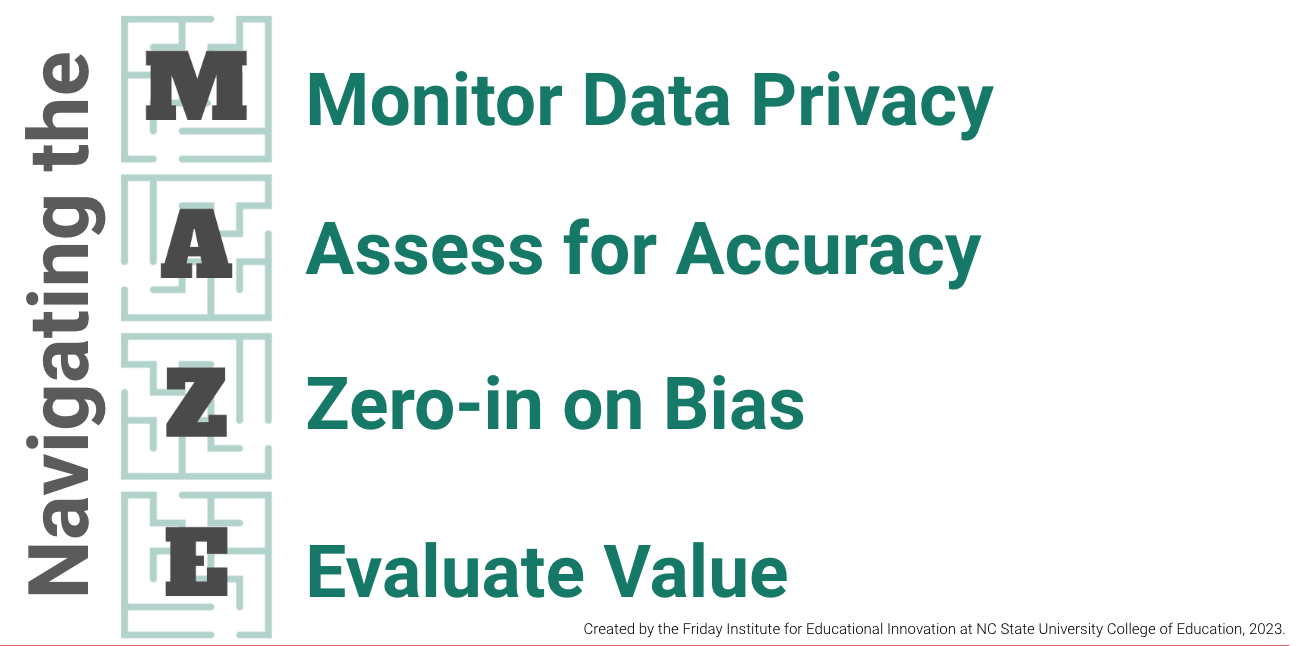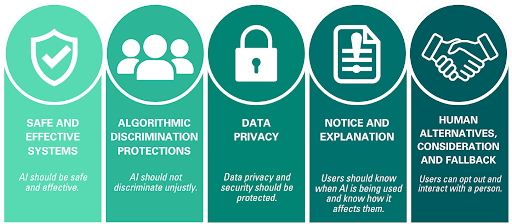Take the Lead in Learner Agency: Transformative Learning Opportunities to Empower Teachers and Ed Leadership are now OPEN
At its core, learner agency embodies the belief that students should not merely be recipients of knowledge but active participants in their own learning journey. Learner agency shifts the focus from traditional, teacher-centered approaches to a student-centered classroom culture that provides students the skills and opportunity to take ownership of their learning and accountability for learning outcomes. It champions the idea that students possess the autonomy, voice and capacity to shape their educational experiences in meaningful ways.
Learner agency is unique to each and every student and context. Enacting agency and the confidence to do so is closely tied to our identities, culture and personal experiences. It is particularly crucial to be aware and supportive of students from historically marginalized students who have often been underserved by traditional educational models or who feel disempowered. They may fear their agency being denied or punished. Fostering learner agency in each and every student ensures that all students have access to meaningful learning experiences that honor their identities, voice and aspirations and promotes equity and inclusion.
Learner Readiness
Another element to consider when supporting the development of learner agency in students are the executive functions of the brain that enable individuals to plan, organize, execute tasks, regulate emotions and monitor and evaluate their own behavior. Executive functions play a crucial role in learners’ ability to engage in agency. A portion of executive functioning skills related to self-management, ethical choices and relationships are also referred to as social and emotional learning competencies.
These functions include skills such as:
- Organization,
- Task initiation,
- Memory,
- Problem solving,
- Self-regulation, and;
- Goal-directed behavior.
Learner agency and executive functions are closely intertwined, with executive functions serving as foundational skills that support and enhance students’ capacity for agency in the learning process. By developing and honing executive functions, students can more effectively exercise learner agency, take ownership of their learning and achieve greater success in academic endeavors. Conversely, promoting learner agency can also contribute to the development and refinement of executive functions, fostering a mutually reinforcing relationship between these two essential aspects of student growth and development.
Agency is as complex and unique as the individual. To support a learner’s exploration in agency, we have to consider supporting specific executive functions to enable their success.
Direct Strategies
The goal in learner agency is to create spaces for student empowerment and exploration in learning. This is not a skill or mindset learned in singular lessons but instead woven into the culture of your classroom and school. Explore any of the following ideas to foster—through scaffolding—learner agency and the associated executive functions:
- How to Make Classroom Rules Kids Actually Follow (Tips from Veteran Teachers) | TES
- How to Create a Student-Led Classroom Social Contract in Elementary School | TES
- The Power of Student Designed Rubrics | David Rickert
- Effective Student-led Discussions | Edutopia
Ready to dive in or learn more?
Join our growing learning community in three newly revised free modules on Learner Agency.There are two teacher modules:


There is one leadership module:

Additionally, if you would like a deeper understanding of executive functions and strategies to support these cognitive processes that impact learning and student success, consider taking our Learning Differences course and our Social and Emotional Learning for Educators modules.
Register now at place.fi.ncsu.edu.
Special thanks to the educators and leaders at Cardinal Gibbons High School in Raleigh, NC, and Montgomery County Early College in Troy, NC, who engaged in a deep dive pilot of these modules and informed our updates!
Additionally, thank you to the Oak Foundation for the opportunity and funding to enable us to offer these courses for free to educators and leaders across the globe.

- Categories:


